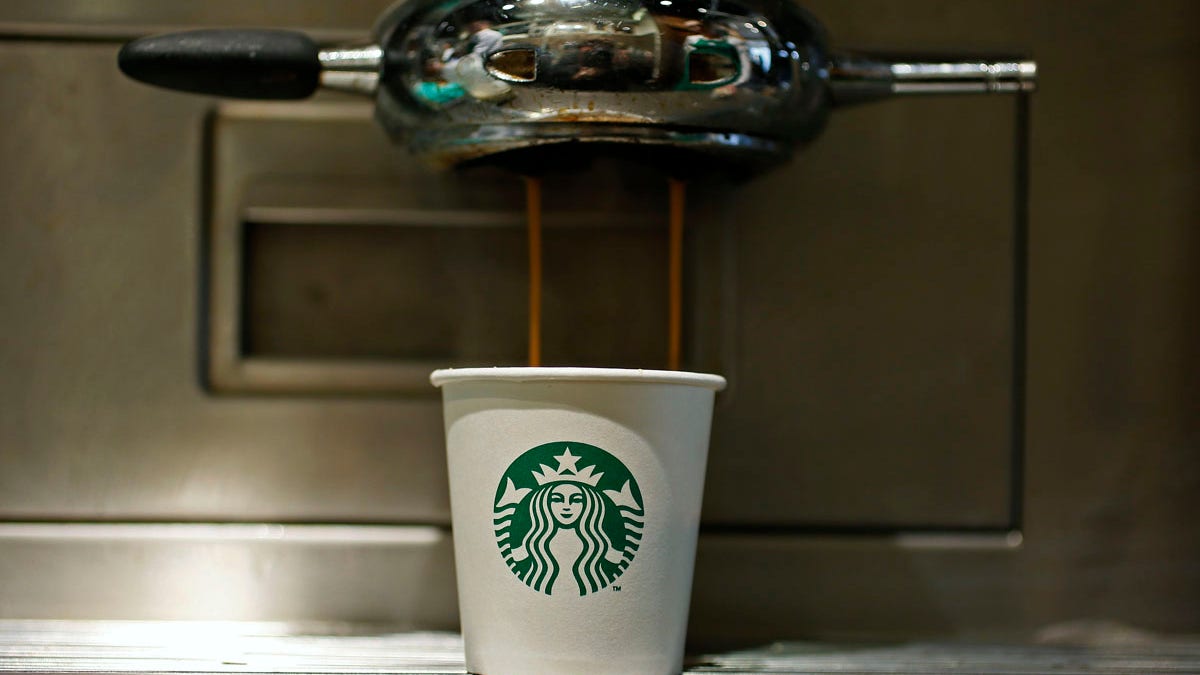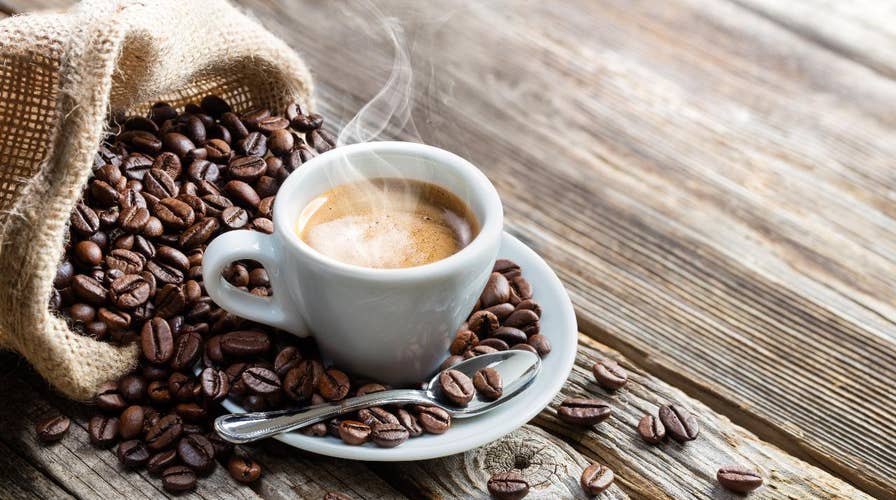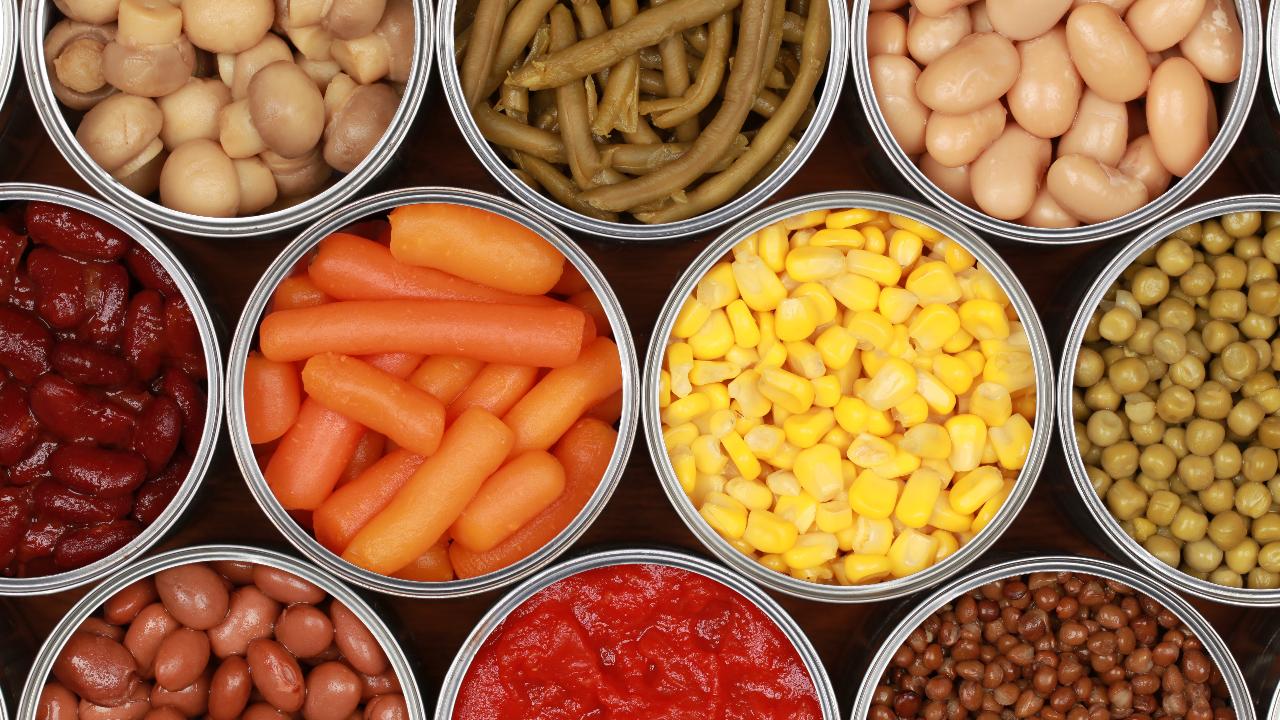Can coffee cause cancer?
Coffee does contain a possible carcinogen, a chemical called acrylamide, that has been shown to raise the risk of cancer in animal studies. But just how much acrylamide can increase your cancer risk from coffee?
A California court judge’s ruling ordering coffee companies to put cancer warning labels on their products is not changing the minds of scientists and health professionals who say there is no credible evidence to warrant the dramatic move.
Some say that despite any well-meaning intention that may have prompted the ruling by Superior Court Judge Elihu Berle on Wednesday, it could end up unnecessarily confusing and even frightening people.
Many studies tying a chemical, acrylamide – which is formed when coffee beans are roasted – to cancer were conducted using animals who were given quantities much larger than a human would consume, J. Leonard Lichtenfeld, the deputy chief medical officer for the American Cancer Society, told Fox News.
“The substance is present in many of our foods, not just coffee,” said Lichtenfeld, who has worked in oncology for decades. “There was a minor scare about it being in French fries, and foods that are cooked in higher temperatures. Demonstrating a direct cause to cancer is very difficult. You always have to put a [suspected] risk into perspective.”

A paper cup is seen in Starbucks' Vigo Street branch in Mayfair, central London January 11, 2013. REUTERS/Stefan Wermuth (BRITAIN - Tags: BUSINESS LOGO FOOD) - LM1E91B1ILX01
“I’m going to come right back and say we have other areas we need to put more attention to,” he said. “Smoking and obesity are some of those [risky] areas.”
The Council for Education and Research on Toxics, a nonprofit group, sued Starbucks and about 90 other companies, including grocery stores and retail shops, under a state law that requires warnings on a wide range of chemicals that can cause cancer. One of those chemicals is acrylamide, present in coffee.
The Metzger Law Group, which filed the suit, says on its website: "Acrylamide is an industrial carcinogen which, in recent years, has unfortunately been recognized as a substantial constituent of many foods we eat."
"In 2002, Swedish researchers published an important study showing that potatoes and certain other foods heated at high temperatures contain very high levels of acrylamide," it added. "The highest levels of the carcinogen were found in french fries and potato chips, but high levels of acrylamide have also been found in cereals, breads, and coffee."
The coffee industry had claimed the chemical was present at harmless levels and should be exempt from the law because it results naturally from the cooking process necessary to make the beans flavorful.
The ruling came despite eased concerns in recent years about the possible dangers of coffee, with some studies finding health benefits.
In 2016, the International Agency for Research on Cancer — the cancer agency of the World Health Organization — moved coffee off its “possible carcinogen” list.
The substance is present in many of our foods, not just coffee. You always have to put a [suspected] risk into perspective.
Studies indicate coffee is unlikely to cause breast, prostate or pancreatic cancer, and it seems to lower the risks for liver and uterine cancers, the agency said. Evidence is inadequate to determine its effect on dozens of other cancer types.
"Coffee is connected to cancer development by the fact that coffee is sometimes drunk by living people and only living people develop cancer," said Robert A. Weinberg, an oncologist at the Massachusetts Institute of Technology, to The Los Angeles Times.
Kathryn M. Wilson, a cancer epidemiologist at Harvard University who has studied the impact of acrylamide on human, told the newspaper: "I think the evidence that acrylamide makes a difference for human cancer risk is pretty weak…It's a lot more helpful to look at coffee as a food."
She noted, for instance, that coffee is a source of antioxidants, and has been shown in credible studies to have significant benefits, such as reducing the likelihood of liver cancer and Type 2 diabetes.
Critics of the lawsuit and, now, ruling, say it feeds further into California’s penchant for regulations over what they say are trivial and even questionable issues.
Parking garages, for example, have to post that breathing air there exposes drivers to carbon monoxide and gas and diesel exhaust and that people should not linger longer than necessary. There are also warnings in elevators and airports, among other places.
“I remember noting one in a parking garage during my first visit to the state,” said writer Alexander Nazaryan in an opinion piece in the Los Angeles Times. “It was outrageously useless. What were people supposed to do, not park their cars?”
Justin Goodman, vice president of advocacy and public policy at taxpayer watchdog White Coat Waste Project, made another point:
“Mice don’t drink mochas," he said. "Americans can thank Uncle Sam’s misleading and wasteful multimillion-dollar animal tests for California’s unnecessary coffee cancer warning that only scares consumers and hurts industry.”
Efforts by Fox News to get a comment from Raphael Metzger, the lawyer in the coffee warning label case, were unsuccessful.
Lichtenfeld said California’s law and regulations “are frequently different than in other parts of the country.”
The state, he said, has been helpful in some cases, such as when it raised awareness nationally about the benefits of reducing auto emissions.
“But you can sometimes get so far into the weeds that you end up with a law or regulation that is well-intentioned but where the practical application in our lives is very limited,” Lichtenfeld said.
Too many health warnings can also have the unintended effect of overwhelming people and confusing them, and causing them to tune out both important and less urgent information, he added.
“It could be counterproductive, people start to pay less attention.”
The Associated Press contiributed to this report.

